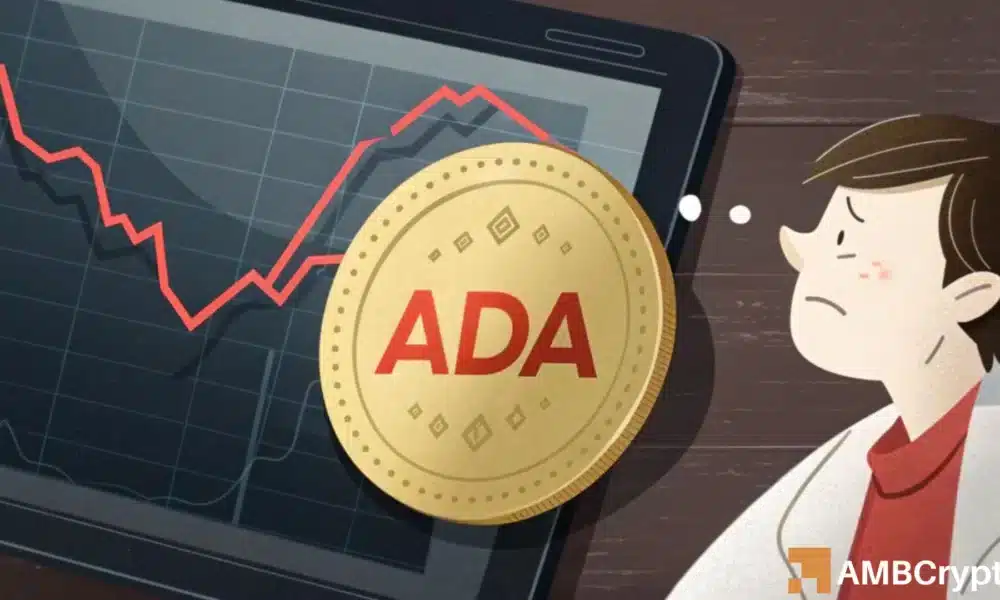
Taiwan’s New Regulatory Proposal: A Green Light For Crypto Industry Associations?
Taiwan, known for its technological advances and proactive approach to the digital age, is making another significant stride toward crypto. The island nation recently proposed modifying its regulatory framework, creating a new business category explicitly designed for crypto-related firms.
Fostering Self-Regulation In Crypto
The Ministry of Economic Affairs has taken the reins on this initiative. The recent announcement revealed a draft amendment to the “Standards of Classification of Commercial Group” regulations.
This new category, focused on digital asset services, signifies Taiwan’s commitment to creating a supportive framework for cryptocurrency enterprises.
Today, inside sources from the economic ministry provided further clarity. They delineated the expansive nature of the newly proposed business category. This spans a plethora of operations within the digital currency sector.
Among these activities are exchanging cryptocurrencies for legal tender, facilitating crypto transfers, services for digital currency storage or management, and extending support related to issuing or selling digital currencies.
The primary goal of this proposed addition seeks to empower digital currency firms to form industry associations. Through these groups, Taiwan aims to drive the formation of self-regulatory guidelines, thereby fostering an organized crypto environment in the country.
From Proposal To Implementation: What’s Next?
With the introduction of this business category, cryptocurrency firms can take the initiative to establish industry associations. The ministry, currently gathering public opinion, intends to finalize the amendment in collaboration with the Ministry of the Interior.
The conclusion of this process is anticipated by mid to late October. While Taiwan has been relatively progressive in its approach to cryptocurrencies, it’s important to highlight the existing regulatory environment.
Since 2021, after the Financial Supervisory Commission instituted anti-money laundering regulations, virtual asset service providers (VASPs) were mandated to adhere to these laws. However, Taiwan’s digital currency industry remains predominantly unregulated.
The move toward establishing industry associations reflects Taiwan’s understanding of the digital currency landscape’s nature.
Furthermore, by championing self-regulation, Taiwan is endorsing the crypto industry’s growth and ensuring it evolves “responsibly.” Speaking of the industry, the digital currency market has witnessed a significant decline in the past 24 hours.
Notably, this digital finance sector has seen roughly a 6.4% plunge in total valuation over this period. The digital currency market capitalization currently stands at a valuation of $1.036 trillion at the time of writing.
Featured image from Unsplash, Chart from TradingView
Credit: Source link














































